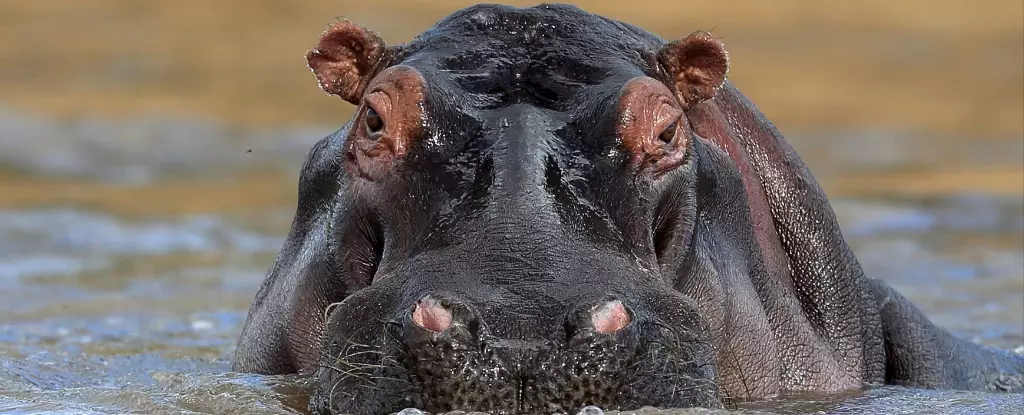The heart-wrenching news of approximately 50 hippos succumbing to anthrax in Virunga National Park strikes a shocking chord amidst the ongoing turmoil in the Democratic Republic of Congo (DRC). This isn’t merely an environmental disaster; it’s a glaring indictment of how fragile ecosystems can decimate entire species, shedding light on a deeper, more troubling narrative. The deadly bacterium, Bacillus anthracis, has opportunistically thrived in the mossy floors of Virunga, bringing yet another layer of tragedy to an area already beleaguered by human conflict and ecological devastation.
Ecosystems at Risk
Virunga National Park, a UNESCO World Heritage site established in 1925, isn’t just a patch of preserved land; it’s a world within itself, celebrated for its diverse wildlife that includes not only hippos but also majestic mountain gorillas. The stark juxtaposition of this rich tapestry of life against the backdrop of environmental instability highlights a grim reality. How did we reach a point where even the most idyllic of ecosystems are teetering on the brink of collapse? The same diseases that afflict wildlife also threaten humans, reminding us that our fates are intertwined. Authorities urging the avoidance of bushmeat in the wake of these tragic deaths outlines a precarious balancing act between human livelihoods and wildlife conservation.
Neglected Warnings of Health Risks
The Congolese Institute for Nature Conservation (ICCN) has sounded alarms about the zoonotic risks posed by anthrax. This is not just a reminder of a disease, but a harbinger of an ongoing crisis. Do we not owe it to the people and wildlife of the DRC to ensure that such conversations about health and safety aren’t relegated to ignored footnotes of a larger narrative? Zoonotic diseases are not a singular episode but part of a wider pattern of environmental disruption exacerbated by political neglect.
A Call for Compassion and Action
This harrowing event emphasizes the urgent need for protective measures in the face of anthropogenic threats. Public health agencies and conservation organizations must collaborate more closely to forge effective strategies that address not only the symptoms presented by disease outbreaks but also the root causes—deforestation, climate change, and instability fueled by conflict. We must recognize that eco-centric solutions can no longer be peripheral; they must take center stage.
The cycle of poverty and disease will only continue to deepen unless the DRC and its allies commit to comprehensive ecological and social investments that promote wildlife health while also improving human quality of life. The hippos aren’t just victims of an infection; they symbolize the precarious balance of life that humanity seems hell-bent on upsetting. This is unacceptable; we need a moral awakening to the value of all life on this planet, both human and animal alike.


Leave a Reply